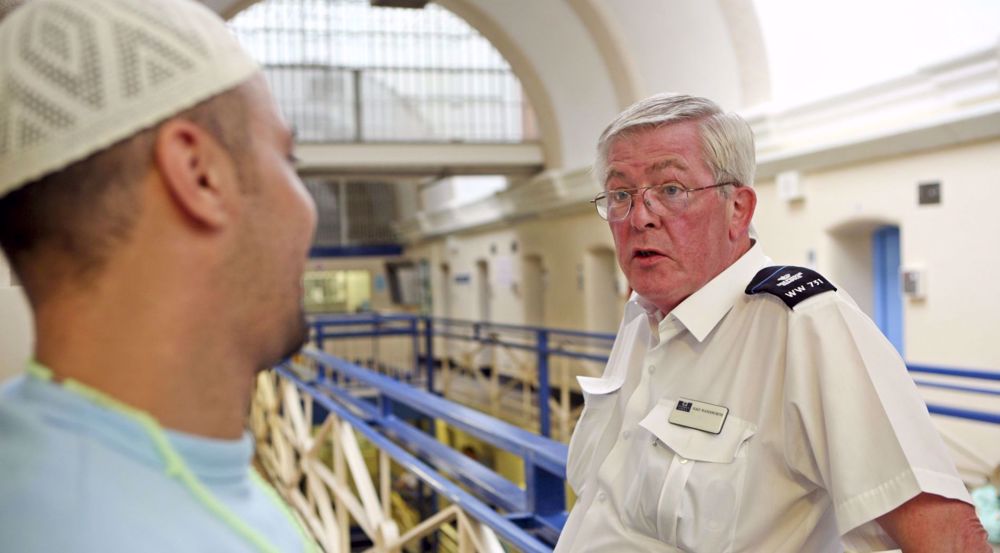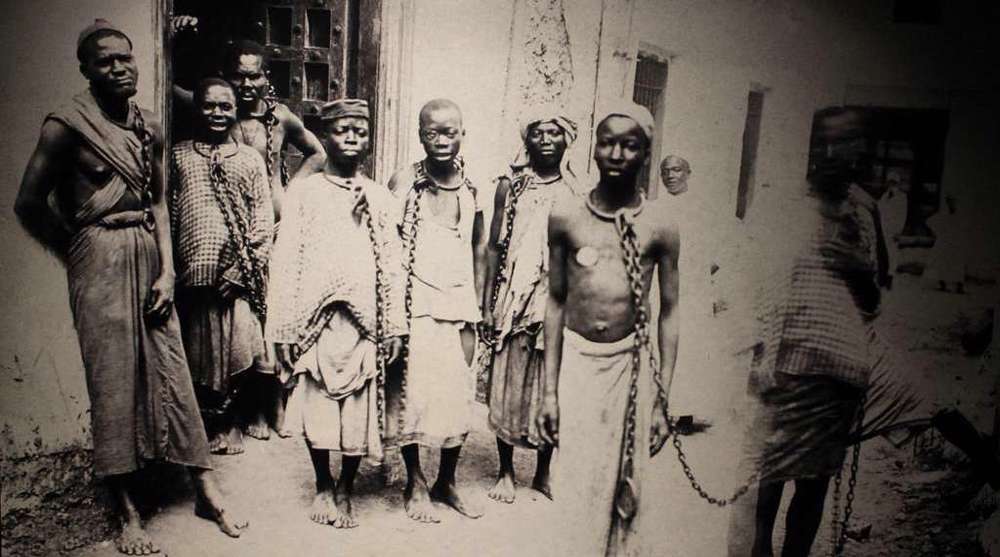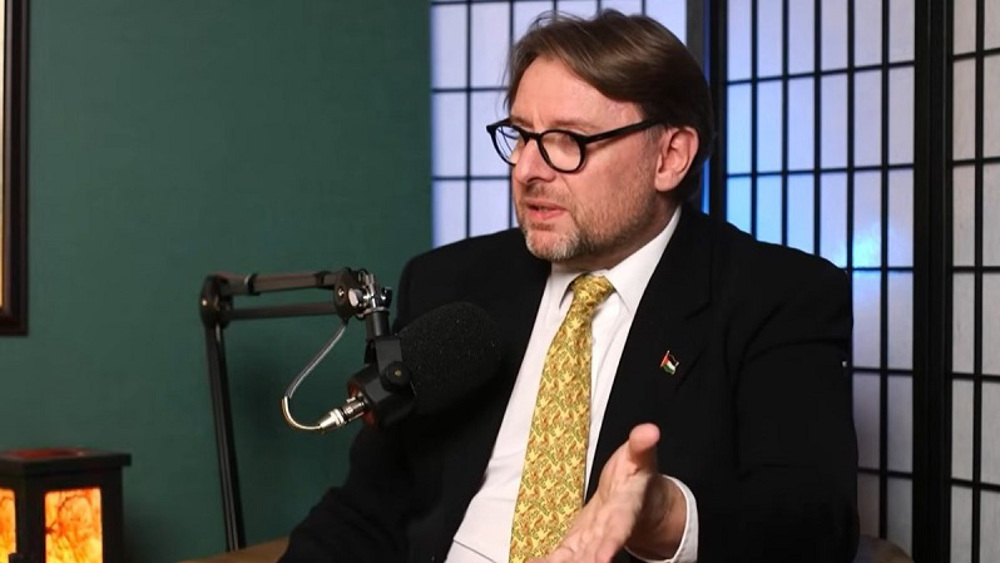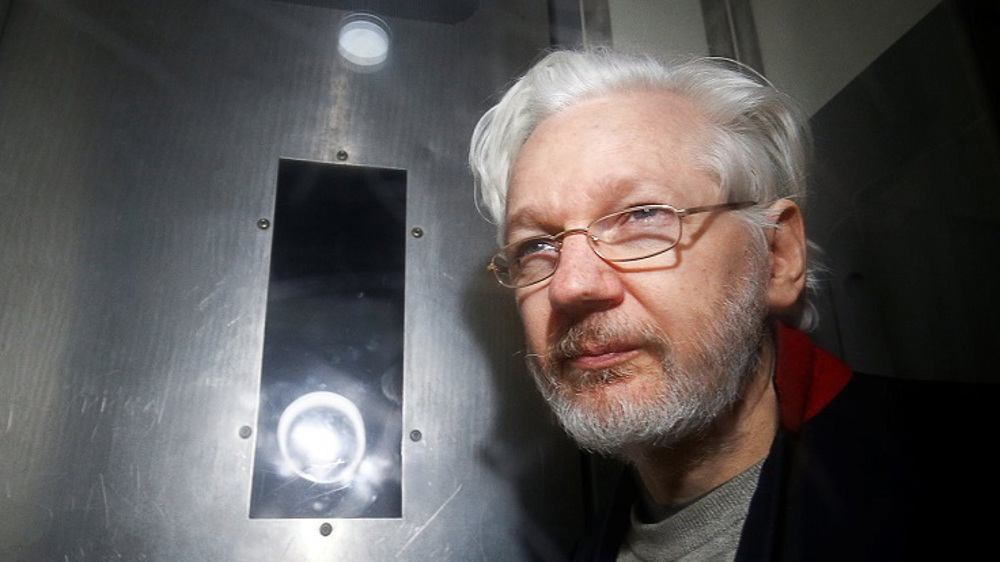Julian Assange denied bail by the Old Bailey
Barely two days after his extradition to the US was blocked on health grounds, WikiLeaks founder Julian Assange has been denied bail by the Old Bailey in London.
District Judge Vanessa Baraitser (the same judge who blocked the extradition request) rejected Assange's bail bid on the "substantial grounds" that the latter has an incentive to abscond.
The ruling by the Oil Bailey (formally known as the Central Criminal Court of England and Wales), means that Assange will stay incarcerated in London’s notorious Belmarsh prison until at least the conclusion of a US government appeal against the rejection of extradition request.
Assange has been in some form of incarceration since June 2012 when he sought sanctuary at the Ecuadorean Embassy in London.
US prosecutors had originally indicted Assange on 17 espionage charges and one charge of computer misuse over WikiLeak’s publication of secret military and diplomatic documents.
Many of these documents pointed to war crimes committed by US and allied forces in Iraq and Afghanistan.
Assange’s lawyers fought the US extradition on the grounds that the Australian citizen was an investigative journalist and that his treatment so far by the British authorities had damaged his mental health to the point of breakdown.
But in her ruling on Monday (January 04), Judge Baraitser of Westminster Magistrates’ Court, rejected Assange’s main defense, ruling that he had “sacrificed the safety of others” in the name of free speech.
In effect, Judge Baraitser ruled that Assange can get a fair trial in the US but the harsh conditions in a maximum security US jail “would not prevent” the Australian journalist from “finding a way to commit suicide”.
The relatively weak ground on which the US extradition request was blocked has raised fears among free speech supporters around the world of the US government overturning the ruling on appeal.

Muslim prisoners ‘singled out’ for violent treatment in England: Charity

Report: Most Britons ignorant about scale of UK slavery

Abuse of UK Terrorism Act
Hamas urges ‘week-long global’ rallies to push end to Israel’s Gaza genocide
Tehran to host intl. conference on humanity, freedom centered on Leader's thoughts
‘The West as we knew it no longer exists’: European Commission’s chief
Ahmad Manasra and the Israeli military machinery prosecuting Palestinian children
Iran’s enrichment ‘non-negotiable’, talks fruitless under pressure: FM
Pentagon officials placed on leave over 'unauthorized' Yemen leaks
Photojournalist killed in Israeli bombing of family home in Gaza
China says 'not afraid to fight' trade war with US








 This makes it easy to access the Press TV website
This makes it easy to access the Press TV website